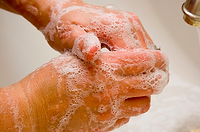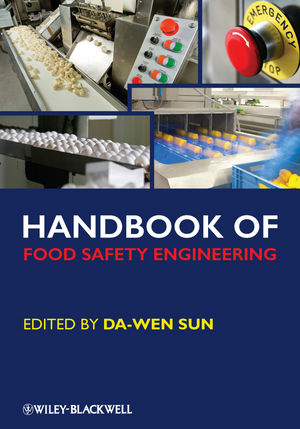Public Health England Asks Public to Help Reduce Spread of Norovirus

According to Public Health England (PHE), norovirus outbreaks are increasing in England. The organization would like to remind the public of simple actions they can take to reduce the spread of norovirus.
The advice comes after routine surveillance has shown that the number of outbreaks caused by norovirus has increased in recent weeks, looking at the 5-week period from end of May to July 2021. The increase is especially notable in early year educational settings, and cases are returning to pre-COVID levels across all age groups and settings in England. The educational settings where outbreaks have been observed to increase are mostly in nursery and childcare facilities, with more incidents reported to PHE than would be expected during the summer. From May to July 2021, 154 outbreaks were reported, compared to approximately 53 outbreaks reported over the same time period in the previous 5 years.
It's possible that more increases may follow in the coming months, due to easing of COVID-19 control measures. PHE's National Norovirus Surveillance Team will monitor all available surveillance data to ensure early detection of any unusual norovirus activity and outbreaks.
PHE recommends some steps that the public can take include:
- Stay at home if you are experiencing norovirus symptoms. Do not return to work or send children to school until 48 hours after symptoms have cleared. Also avoid visiting elderly or poorly relatives, particularly if they are in hospital.
- Wash your hands frequently and thoroughly with soap and warm water. Alcohol hand gels don’t kill norovirus.
- When an infected person vomits, the droplets contaminate the surrounding surfaces. A bleach-based household cleaner or a combination of bleach and hot water should be used to disinfect potentially contaminated household surfaces and commonly used objects such as toilets, taps, telephones, door handles, and kitchen surfaces.
- If you are ill, avoid cooking and helping prepare meals for others until 48 hours after symptoms have stopped, as norovirus can be spread through food contaminated by the virus when food is handled by symptomatic people or infected individuals.
- Wash any contaminated clothing or bedding using detergent and at 60 °C, and if possible, wear disposable gloves to handle contaminated items.
Norovirus is highly infectious and can cause vomiting and diarrhea but usually passes in a few days. However, it's easily transmissible through contact with highly infected individuals and/or contaminated surfaces.
Looking for a reprint of this article?
From high-res PDFs to custom plaques, order your copy today!








